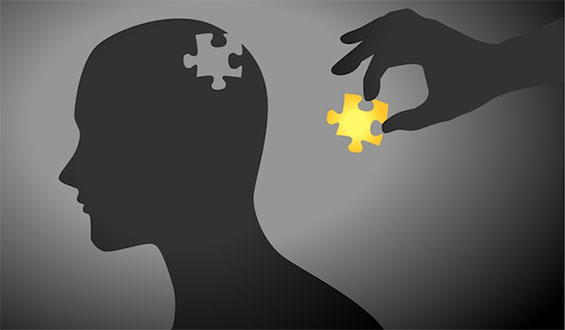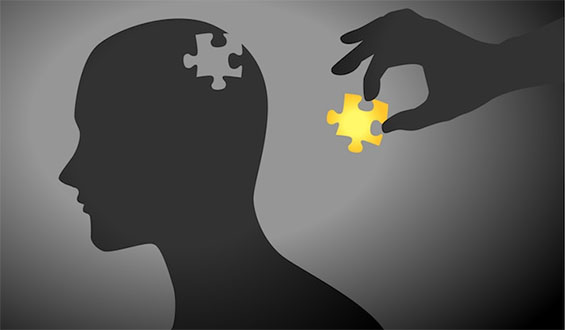
By Julia Steiny
I’m sure the ex-Congressman Patrick Kennedy had little to do with the copywriting for his new website, One Mind. But I wish he’d read it more closely. Kennedy has done great service lending his celebrity to advocating for the mentally ill in a number of ways. He’s making the talk show rounds chatting up his book, A Common Struggle, about his own personal story, made fascinating in part by its star-studded cast of family members. But also, he’s right on the money as to what’s wrong with our mental-health non-system and our attitudes towards those suffering from mental illness.
Perhaps most importantly, his signature legislation, The Mental Health Parity and Substance Abuse Equity Act of 2008, forces insurers to consider funding treatments to an ill mind on a par with treatments to an ill body. The battle for actual parity is far from won, but Kennedy’s contribution is huge.
Now, via his One Mind site, Kennedy is raising money to conduct research into brain and behavior disorders. And one of his major efforts will be to reduce stigma.
But here’s a problem: click on the One Mind tab marked “The Epidemic,” and there, in bold black type you find:
“Mental health affects more people than you think.”
This statement reveals a misunderstanding so deep I’d bet even Kennedy might not see it. When people say “mental health,” what they mean is “mental illness.” Makes me nuts. What that sentence intends to say is that “Mental illness affects more people than you think.” That sentence is painfully correct. But even it masks the core of a serious problem.
Like having a body, everyone has a mind. Both body and mind are in some state of health. A body might have a cold or a broken leg or lung cancer. Over the past decade, the public has become far more mindful of their physical health — their health, not their illnesses.
But what is mental health? Even concepts like “substance-abuse prevention” focus on illness. Exactly as with physical health, nurturing robust mental health would also be cheaper in the long run, would improve the quality of our lives, and oh by the way, be a huge favor to the kids. Helping children learn to be healthy by modeling good mental health habits ourselves is a two-fer — they get healthier because we’re getting healthier.
People and businesses both are changing their behavior to promote and enhance existing good physical health. The fresh-food movement is now so established that McDonald’s is closing more outlets than they’re opening this year. Millennials prefer to bike rather than drive, improving the quality of their air while exercising. Yoga studios abound.
But I challenge you to identify the mental health equivalents of axioms like eat right, don’t smoke and exercise regularly.
Google “mental health” and you will find materials on mental illness.
A researcher on TED argues that robust relationships will bring you happiness, but says nothing about mental health. Happiness is certainly an indication of health, but it might be an unreasonably high bar for describing “mental health.” Resilience might be better because it implies that mentally healthy people handle adversity more effectively. The American Psychological Association has suggestions for promoting resilience, which include being hopeful and maintaining a positive self image. But what do you actually do to do that? We know how to restrict calorie intake when we’re overweight.
Why the paucity of information about maintaining good mental health? Kennedy likely would argue that it starts with being utterly unable to discuss mental illness. Physical illness does not remotely carry the stigma that even, say, depression does. So Kennedy’s One Mind website is right to discuss, openly, what Dr. Judith Herman calls the “unspeakable.” I admire his advocacy for the mentally-ill.
But we will continue to ignore our own mental health, at our peril, if we continue to use “health” as a euphemism for “illness.” From my child-oriented point of view, we’ll never be able to help kids thrive until we can help them maintain and promote their own mental health.
The task is to elaborate on the whole spectrum of mental health. We need more vocabulary and images of those minor, but debilitating, habits of mind that obstruct the lives of “normal” people. Adults and kids alike need a wealth of go-to-the-gym images for the healthy end of the spectrum. Kennedy is elegantly positioned to do just that. Here’s hoping he will.




